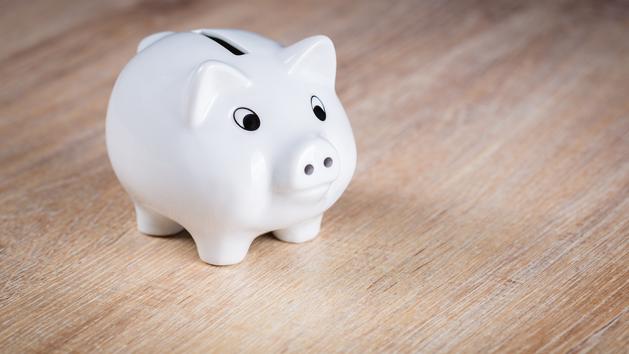Indirect effect of the coronavirus epidemic and the economic crisis it has engendered: the French have saved massively. Between December 31, 2019 and August 30, 2020, 37 billion euros were placed in accounts such as livret A, livret d'épargne populaire (LEP), livret de développement durable (LDD) or even housing savings plan. (PEL).
Read also: Employee savings remain very locked
Savings are not the same across the country, however, and the figures published on Monday by the Banque de France show significant disparities between the capital and the province. It is indeed in Paris that it has been the most significant in the last six months: 6.1 billion euros have been set aside by Parisians, an increase of 3% compared to the end of 2019. In Ile -de-France, savings increased by 8.9 billion euros, or about 1,700 euros per household, against more than 5,500 euros in Paris itself.
In the rest of France, this increase is less tangible. It is 3.3 billion euros in New Aquitaine, 3.2 in the Grand Est and only 2.7 in Occitanie. In some departments, the amount saved by residents has simply not budged. This is the case, for example, in the Creuse where it remained at 2.1 billion euros as well as in the Meuse (2.7 billion).
A trend confirmed by confinement
A significant difference which is however nothing new. "It's fairly classic in the sense that the Parisian population has a larger share of higher socio-professional categories (CSP +) compared to the rest of France and a rather elderly population, two criteria favorable to savings", analyzes Philippe Crevel , director of the Cercle de l'Épargne, who specifies that the latter is concentrated among the richest 40% and among those over 50. However, in Paris, salaries are higher than in some departments.
In addition, the closure of all places of entertainment in France explains the general increase in savings. For lack of being able to go to the restaurant or to the cinema, the French put aside. This is all the more true in Paris where the budget allocated to these expenses is larger due to a larger offer, specifies Philippe Crevel.
Uncertainties and Concerns
In general, it is the uncertainty of the current situation that pushes the French to put their money in the bank rather than consume. A trend that manifested itself at the end of last year with a household savings rate falling from 13.8% (of gross disposable income) at the end of 2018 to 15% at the end of 2019. “There was the crisis of the vests yellow, then the pension reform. These two phenomena had already led to an increase in savings ” . The trend was therefore confirmed with the coronavirus pandemic and should continue.
Currently, "we estimate (the household savings rate) at 20% on a quarterly average" , according to Philippe Crevel. At the peak of containment, this rate climbed to 30%. Unheard of since the 1950s and 1960s. The economic crisis, causing fear of losing your job and seeing your income decrease, therefore encourages saving as a precaution but it can also have the opposite effect, notes the expert. "The more unemployment there is, the more the French have to draw on the savings they have made" for lack of sufficient income. The exceptional collection figures for the Livret A in recent months nevertheless also bear witness to the desire to save which has won over all French people.

